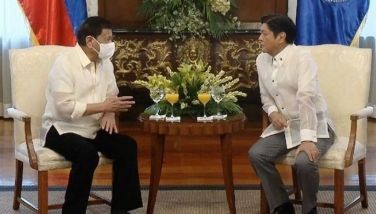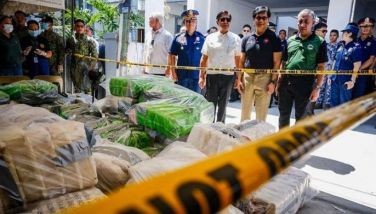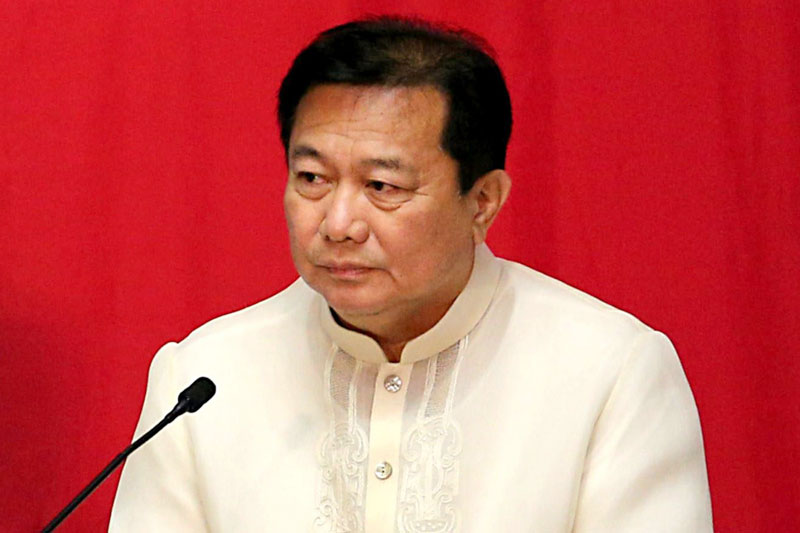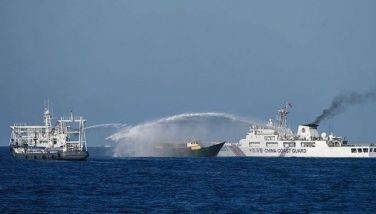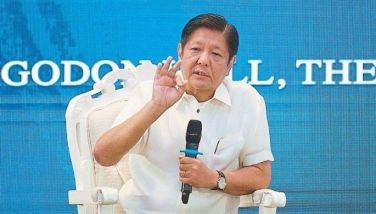US sanctions ICC chief prosecutor Bensouda
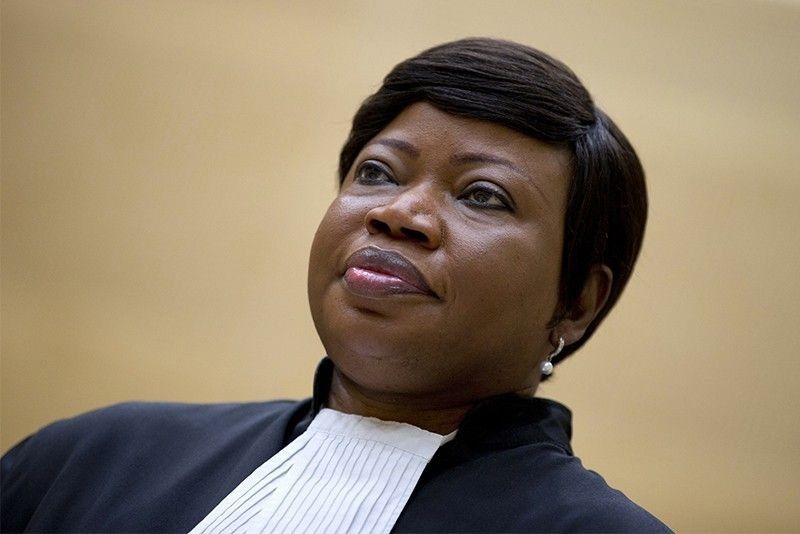
MANILA, Philippines — The United States imposed sanctions against International Criminal Court (ICC) Chief Prosecutor Fatou Bensouda and another senior official of The Hague-based court for prosecuting US military and intelligence personnel in Afghanistan.
Bensouda has earlier been barred by President Duterte from entering the Philippines to investigate drug-related killings.
US Secretary of State Michael Pompeo announced the sanctions against Bensouda and the head of the Jurisdiction Complementarity and Cooperation Division, Phakiso Mochochoko, in accordance with a US executive order issued in early June by President Donald Trump involving “Blocking Property of Certain Persons Associated with the ICC.”
Calling the ICC “a thoroughly broken and corrupted institution,” Pompeo said the US never ratified the Rome Statute that created the court, adding “we will not tolerate its illegitimate attempts to subject Americans to its jurisdiction.”
The United Nations was dismayed over the US sanctions and strongly rejected the measures, saying these were in retaliation for an investigation into alleged war crimes in Afghanistan.
The ICC condemned the US sanctions as an “unprecedented” attack against the Court, and vowed it will not be cowed by countries’ coercive acts and serious attacks against international criminal justice and the rule of law.
The new measures “are another attempt to interfere with the Court’s judicial and prosecutorial independence and crucial work to address grave crimes of concern to the international community as mandated under the ICC Rome Statute,” the ICC said in a statement.
The Court said it would continue to “stand firmly by its personnel and its mission of fighting impunity for the world’s most serious crimes under international law, independently and impartially, in accordance with its mandate.
“In doing so, the Court benefits from the strong support and commitment of two thirds of the world’s States which are parties to the Rome Statute.”
O-Gon Kwon, president of the Assembly of States Parties (ASP) – the Court’s management oversight and legislative body – strongly rejected what he also described as the unprecedented measures against the treaty-based international organization.
“I deeply regret measures targeting Court officials, staff and their families,” he said.
Calling the ICC an “independent and impartial” court of law that “operates in strict adherence to the provisions of the Rome Statute,” he said he would convene an extraordinary meeting of the bureau next week, “to consider how to renew our unwavering commitment to the Court.”
Agnes Callamard, an independent UN Human Rights expert and special rapporteur on extrajudicial, summary or arbitrary executions, tweeted that she was “speechless” following the news of sanctions move against the chief prosecutor.
The court has faced criticism from the US since it was founded in 2004, and along with Russia and China, remains one of a dozen countries that have declined to sign up to its jurisdiction.
Pompeo made the accusation as The Hague-based court probes whether US forces have committed alleged war crimes in Afghanistan.
He maintained that the US was taking this step, “because the ICC continues to target Americans, sadly.”
On behalf of the UN chief António Guterres, spokesperson Stéphane Dujarric acknowledged the US statement, saying, “we continue to closely follow developments on this matter.”
“We will be analyzing any possible implications that this development may have with respect to the implementation of the Agreement,” he continued.
Cooperation between the UN and the ICC is founded on their Relationship Agreement, which was approved by the General Assembly on Sept. 13, 2004.
In line with previous statements of the state secretary, Dujarric said, “we trust that any restrictions taken against individuals would be implemented consistently with the Host Country’s obligations” under the UN Headquarters Agreement.
As top prosecutor, Bensouda has visited the US frequently to attend meetings of the Security Council.
The Philippines’ withdrawal from the Rome Statute, the founding treaty of the ICC, became effective on March 17, 2019.
But Prosecutor Bensouda announced that the ICC’s preliminary examinations into the situation in the Philippines continue and the court retains its jurisdiction over crimes committed in the context of the “war on drugs” while the country was a member, even after its withdrawal from the Rome Statute became effective.
Her announcement came after Malacañang said that ICC representatives would be barred from entering the Philippines if they insist on investigating alleged extrajudicial killings tied to the war against illegal drugs.
- Latest
- Trending

















